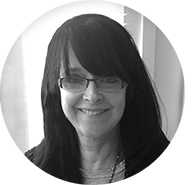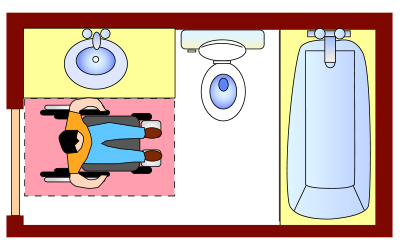Board: South Carolina Architects
Credit Hours: 1.00
Rating: 3013 ratings
Approval Number: J607LGL25
Add to Basket
Course Description
Florida CILB Course Approval Number: 0009803
Florida BCAIB Course Approval Number: 0009803
1 (One) Hour General or 1 (one) hour AOA
This course provides an in depth study of the accessibility requirements of the Fair Housing Act for kitchens and bathrooms. It provides participants key information and resources needed to successfully understand and comply with the accessibility requirements for kitchens and bathrooms of the Fair Housing Act.
OUTLINE AND TIMELINE:
Introduction to Kitchens and Baths
The Fair Housing Act’s Coverage
Usable Kitchens: Introduction
Usable Kitchens: General Requirements
Usable Kitchens: Clear Floor Space
Usable Kitchens: Clearances between Countertops
Usable Kitchens: Clearance in U Shaped Kitchens
Usable Kitchens: Adaptable Cabinets
Usable Kitchens: Sample Compliant Kitchens
Usable Bathrooms: Introduction
Usable Bathrooms: General Requirements
Usable Bathrooms: Two Bathroom Specifications
Course Objectives
Upon completion of the course, contractors, design professionals, building code administrators, plans examiners and inspectors will be able to: Describe the Fair Housing Act’s design and construction requirements for kitchens and bathrooms, identify the elements of kitchen and bathroom design and construction that are subject to Fair Housing Act specifications and requirements (scoping), identify which other Fair Housing Act requirements apply to kitchens and bathrooms, identify non-compliant elements of kitchen and bathroom design and construction, and describe techniques for making various kitchen and bathroom layouts meet the requirements of the Guidelines.
FH002
Instructor Bio
 Bonnie Prinse
Bonnie Prinse
Ms. Prinse holds a BS Degree in Environmental Studies from Eckerd College and has pursued master degree studies in Aquatic Zoology at the University of South Florida. She has written scientific portions of impact statements for wetland/upland land delineation, endangered species studies, and water quality testing while employed with a civil engineering and architectural firm in Tampa, FL. Her experience in environmental studies and new construction lend itself to documentary film making, particularly environmental stories that have taken her to the Amazon in Peru and to Costa Rica. Most recently her involvement with earthen construction projects led to a video production showcasing the benefits of building “green.”



